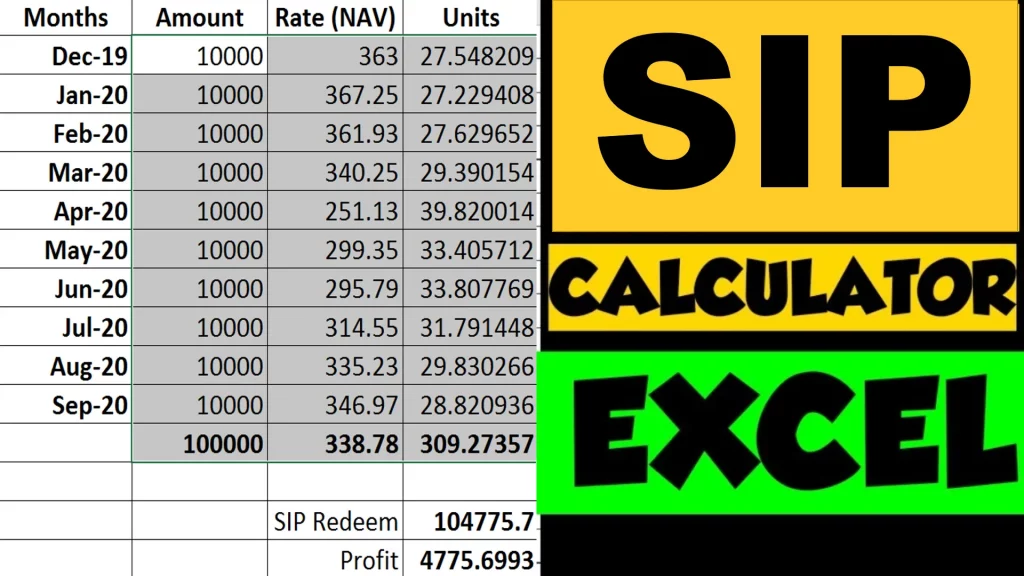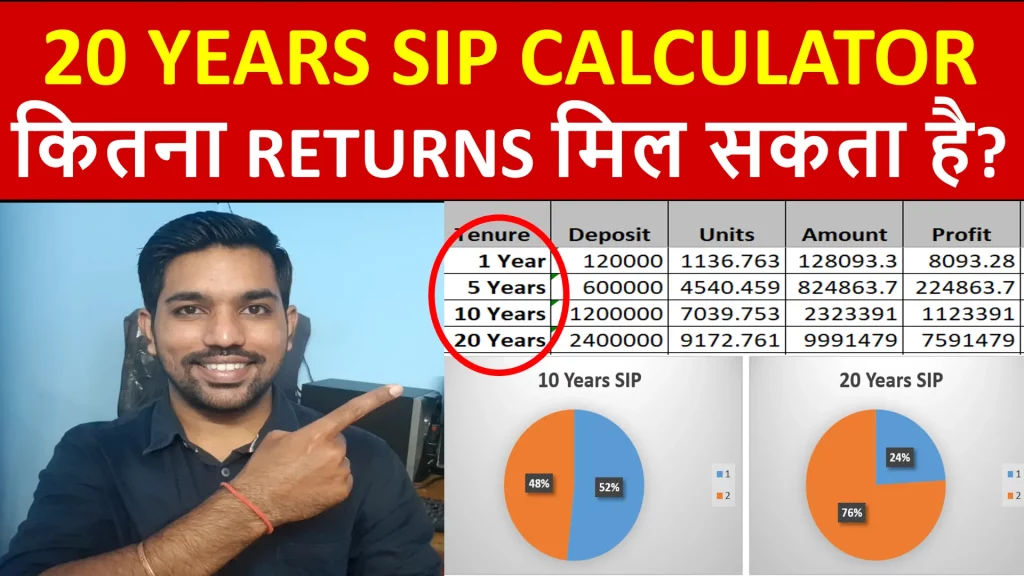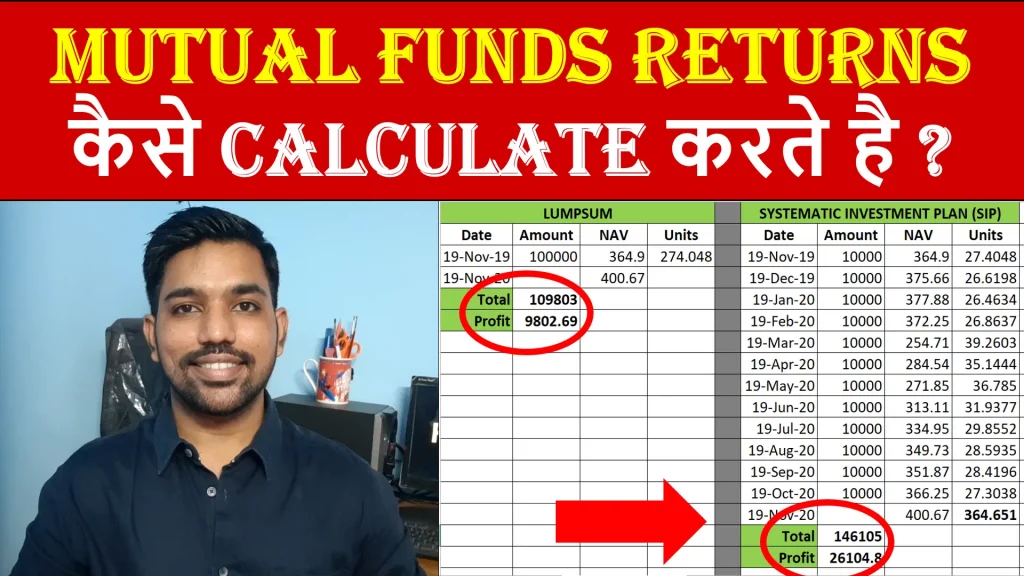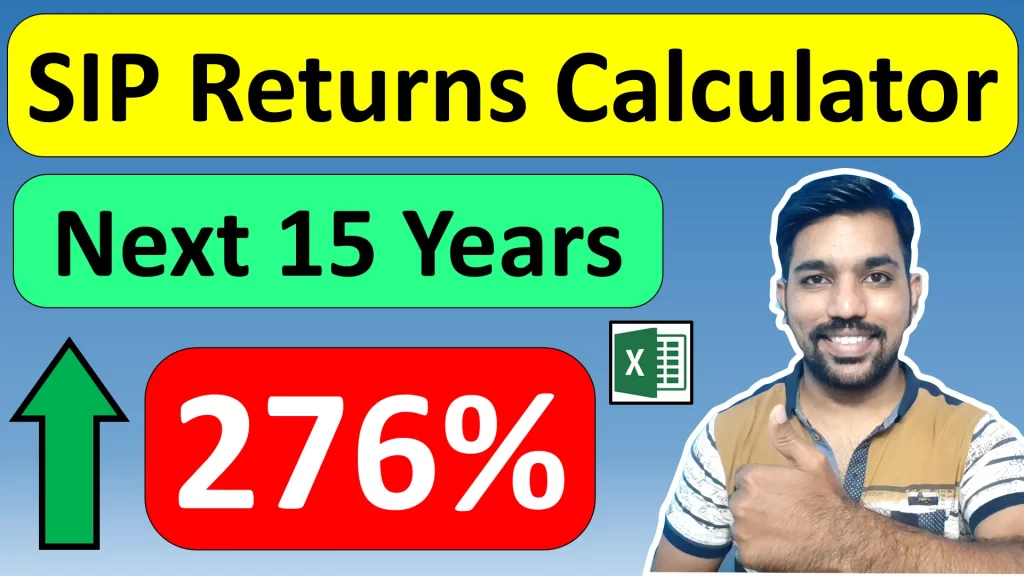Money Market Mutual Funds is a type of mutual fund that invest in debt instruments like certificate of deposits, treasury bills, commercial papers, etc. that have the average maturity period of 1 year. So it helps you to get decent returns from mutual funds if your investment period is 90 days to 365 days. You can invest in Money Market Funds if you are a conservative investor and want to protect your capital while getting decent returns.
Let us understand more about Money Market Funds in detail.
What is Money Market Mutual Funds in India?
- Money Market Mutual Funds is one of the types of mutual funds that invest in debt instruments that have high ratings like certificate of deposits (CD), Treasury bills (T-bills), commercial papers and Repurchase agreements
- They usually have the average maturity period of 1 year
- These are used to manager short term needs of cash and are open end funds in debt fund category
- They deal with cash and cash equivalents
- Money Market Funds can help you to achieve your goals with time period of 90 days to 365 days
- For goals with more time period you can consider dynamic bond fund or short term debt fund that is part of Debt Mutual Funds
- And in case your goal is to accumulate and create wealth with time period of 5 years or more, you can consider Equity Mutual Funds that invests your money in equities of companies
How Money Market Mutual Funds works?
- Every Money Market Mutual Fund is allocated a fund manager
- The fund manager decides to invest in the securities with required credit rating in order to provide decent returns to the investors and at the same time, protect the capital invested by investor
- Usually the fund manager invest in high quality rating debt instruments like commercial papers, Treasury bills, certificate of deposits, etc. to keep your capital protected from major losses
- You get decent returns over a period of time which can be anywhere between 6% to 8%
- The returns are better than parking your money in savings account or Fixed Deposits
Types of Money Market Mutual Funds
There are various types of Money Market Mutual Funds in India explained below:
- Certificate of Deposits (CD): These are similar to fixed deposits that are provided by some commercial banks. The only difference between fixed deposits and certificate of deposits is that in CD you cannot redeem units before maturity period, where as in FD you can break it to remove funds in case you need emergency funds.
- Treasury Bills (T-bills): T-bills are issued by Government of India to raise money for short term of up to 365 days. T bills are one of the safest debt instruments as they are backed by Government. But it also provides less returns compared to other instruments
- Commercial Paper (CPs): CPs are issued by companies and financial institutions which have high credit rating. High credit rating meaning the company is capable to pay back the principal and interest amounts as promised, so the chances of defaulting is less.
- Repurchase Agreements (Repos): This is a types of agreement based on which RBI (Reserve bank of India) lends money to commercial banks. So it involves sale and purchase of agreement.
Money Market Mutual Funds Benefits
There are various benefits of Money Market Mutual Funds:
- Low Risk Mutual Funds: Since Money Market Funds invest in debt instruments, they are having less risk compared to equity mutual funds
- Returns: You can get better returns while investing in Money Market Mutual Funds compared to Savings Account or Fixed Deposits
- Cost: The expense ratio, that is the cost taken by fund manager of mutual fund to manage your fund is low in Money Market Mutual Funds compared to Equity Mutual funds
- Financial Goals: You can meet your short term goals between 3 months to 1 year based on the types of Money Market Mutual Fund selected for investment, and have better returns than simply parking your money in savings account. So you can achieve your short term financial goals using these Funds
Who should invest in Money Market Funds?
If you want to protect your capital and get slightly better returns than savings account or fixed deposits, Money Market Mutual Fund is the better choice for you, provided your financial goal is between 3 months to 1 year.
For less term you can use Liquid funds having maturity period of less than 91 days and for longer term you can use dynamic bond fund or short term debt fund. All these funds belong to Debt mutual funds that invest in debt instruments.
If you are an aggressive investor and can take some risk while invest in debt instruments as well, you can consider investing in Hybrid Mutual Funds that diversifies your investments between equity and debt instruments.
Mutual Fund returns Calculation Video
Below is the Mutual fund returns calculation video that you can watch to understand how much returns you can get with Rs. 1000 SIP (Systematic Investment Plan) in Mutual fund:

Watch more Videos on YouTube Channel
Conclusion
So Money Market Mutual Funds invest in debt instruments to protect your invested capital and provide decent returns at the same time. Different Types of Money Market Mutual Funds include Certificate of Deposits (CD), Treasury Bills (T-Bills), commercial papers and repurchase agreements.
You can invest in Money Market Mutual Funds for your short term goals with 3 months to 1 year tenure.
Some more Reading
- SIP vs RD Returns Calculation
- Rs. 2000 SIP vs Step up SIP Returns Calculation
- Section 80C to 80U Income Tax Deductions List
Frequently Asked Questions
What is the money market fund?
Money Market funds helps you to invest in debt instruments with an average of 1 year maturity period. They are low risk in nature and provide decent returns for your short term financial goals
What is money market fund suitable for?
Money Market funds are suitable to park your money instead of having it in savings account or fixed deposit, as they provide you decent returns compared to other liquid assets
Who uses money market funds?
Conservative investors who want to protect their invested capital and get little higher returns compared to fixed deposits can invest in money market funds to meet their short term financial goals.
Save Home Loan Interest Amount!
Use Home Loan Excel Calculator that will help you to Save Interest Amount on Home Loan EMI.
Click below button to download Home Loan EMI and Prepayment Calculator in Excel:
Watch how Home Loan Calculator in Excel Works
Income Tax Calculator App – FinCalC
For Income Tax Calculation on your mobile device, you can Download my Android App “FinCalC” which I have developed for you to make your income tax calculation easy.
What you can do with this mobile App?
- Calculate Income Tax for FY 2025-26 and previous FY 2024-25
- Enter estimated Investments to check income tax with Old and New Tax Regime
- Save income tax details and track regularly
- Know how much to invest more to save income tax
- More calculators including PPF, SIP returns, Savings account interest and lot more

Use Popular Calculators:
- Income Tax Calculator
- Home Loan EMI Calculator
- SIP Calculator
- PPF Calculator
- HRA Calculator
- Step up SIP Calculator
- Savings Account Interest Calculator
- Lump sum Calculator
- FD Calculator
- RD Calculator
- Car Loan EMI Calculator
- Bike Loan EMI Calculator
- Sukanya Samriddhi Calculator
- Provident Fund Calculator
- Senior Citizen Savings Calculator
- NSC Calculator
- Monthly Income Scheme Calculator
- Mahila Samman Savings Calculator
- Systematic Withdrawal Calculator
- CAGR Calculator
I’d love to hear from you if you have any queries about Personal Finance and Money Management.
JOIN Telegram Group and stay updated with latest Personal Finance News and Topics.
Download our Free Android App – FinCalC to Calculate Income Tax and Interest on various small Saving Schemes in India including PPF, NSC, SIP and lot more.
Follow the Blog and Subscribe to YouTube Channel to stay updated about Personal Finance and Money Management topics.





